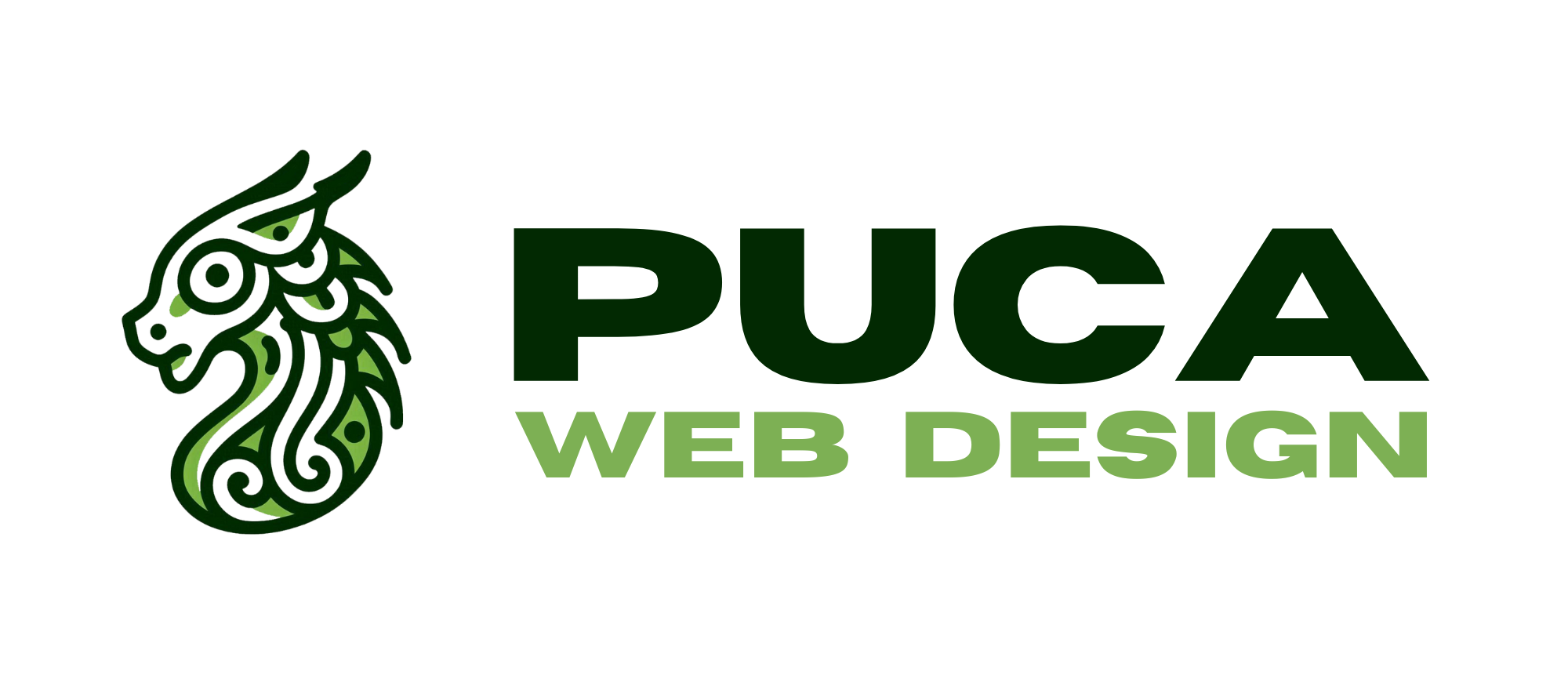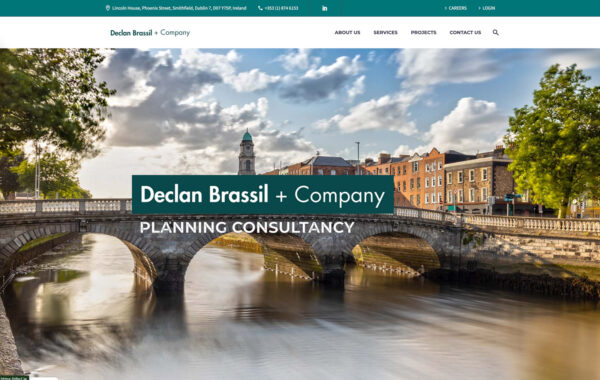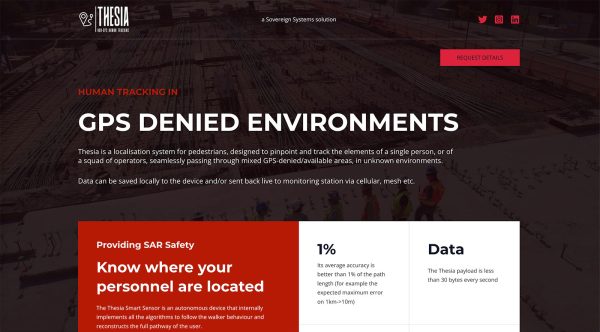When SEO is Crucial:
- Online Businesses & E-commerce – If customers find your products/services through Google, SEO is a must.
- Local Businesses – Local SEO helps brick-and-mortar stores appear in "near me" searches.
- Competitive Industries – If competitors are ranking high on search engines, ignoring SEO can hurt your visibility.
- Long-Term Growth Strategies – SEO builds organic traffic over time, reducing dependency on paid ads.
When SEO Might Not Be a Priority:
- Social Media-Driven Businesses – If your audience primarily finds you through platforms like Instagram, TikTok, or LinkedIn, SEO might be secondary.
- Referral-Based or Niche B2B Companies – If most clients come from referrals, networking, or direct outreach, SEO may not be a primary driver.
- Short-Term Campaigns – If you need immediate results (e.g., a one-time event or product launch), paid ads might be more effective.
SEO is a powerful tool for most businesses, but its importance depends on the industry, business model, and marketing strategy. While some companies rely heavily on organic search traffic, others may benefit more from social media, paid ads, or direct referrals.
For your web development company, offering SEO services or optimizing your own site can be a strong competitive advantage. If your clients need long-term online visibility, SEO should be a key part of their strategy. However, if short-term results or alternative marketing channels work better, SEO can take a backseat.
The key is to assess each business's goals and decide how much SEO should factor into the overall strategy.
 Read more +
2025-04-14 By Shay in Website, WordPress
Read more +
2025-04-14 By Shay in Website, WordPress  Read more +
2025-04-13 By Shay in Landing page, Maintenance, Management, SEO, Services, Social Media, Website, WordPress
Read more +
2025-04-13 By Shay in Landing page, Maintenance, Management, SEO, Services, Social Media, Website, WordPress  Read more +
2025-04-11 By Shay in Maintenance, Management, SEO, Social Media, Website, Website add-ons, WordPress
Read more +
2025-04-11 By Shay in Maintenance, Management, SEO, Social Media, Website, Website add-ons, WordPress  Read more +
2025-04-10 By Shay in Website, WordPress
Read more +
2025-04-10 By Shay in Website, WordPress  Read more +
2025-04-09 By Shay in Website, WordPress
Read more +
2025-04-09 By Shay in Website, WordPress  Read more +
By Shay in Website, WordPress
Read more +
By Shay in Website, WordPress  Read more +
2025-04-08 By Shay in Website, WordPress
Read more +
2025-04-08 By Shay in Website, WordPress  Read more +
2025-04-07 By Shay in Website, WordPress
Read more +
2025-04-07 By Shay in Website, WordPress  Read more +
2025-04-05 By Shay in Maintenance, Management, Security, SEO, Services, Social Media, Website, WordPress
Read more +
2025-04-05 By Shay in Maintenance, Management, Security, SEO, Services, Social Media, Website, WordPress  Read more +
2025-04-04 By Shay in Social Media
Read more +
2025-04-04 By Shay in Social Media 



















